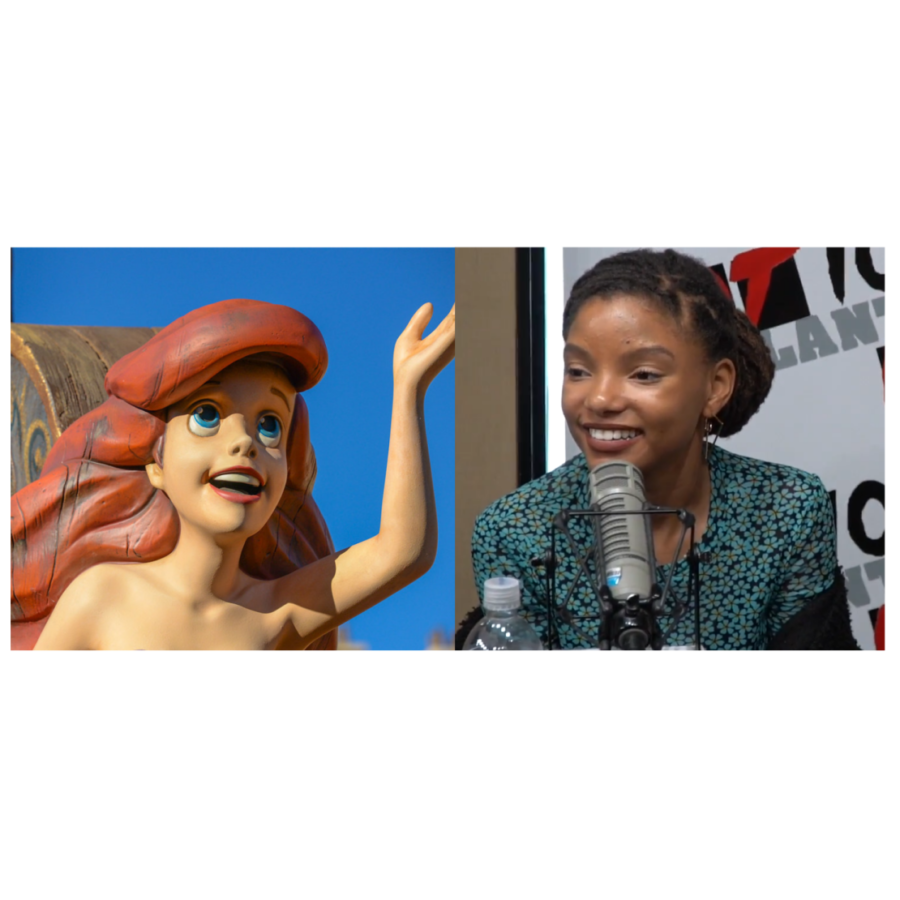Throughout the history of Hollywood, white actors have dominated film and consistently been selected for non-white roles. Cases of this include actress Emma Stone in “Aloha” and actress Scarlett Johansson in “Ghost in a Shell.’‘ Both these castings caused controversy, with fans citing that accurate cultural castings were imperative to the films for them.
When casting directors make that final decision, their choice ultimately changes the tone of the project and how the story is received by the audience.
Film and television have always been accompanied by strong criticisms and opinions. Finding the best actor for a role is challenging with factors like scheduling, on-screen chemistry, and physical demand. The difficulty of this process further complicates when roles are tied to a racial or ethnic background.
This raises many questions: What makes one character’s culture essential to the story? Who has the right to make these casting decisions? Should the efforts toward diverse casting affect which actors get cast for roles?
In recent years, the recognition of problematic casting and inaccurate cultural portrayals have emboldened the push for accurate representation in Hollywood. Audiences are looking for accuracy in cultural depictions when significant to characters, as well as diverse casts when race is not a focal point of the content.
After a severe lack of representation following the 2015 and 2016 Oscar nominations where no people of color were nominated for the 20 acting nominations, Hollywood strived to make changes. The Academy changed their qualifying criteria for films in an effort to better represent and reflect all groups of people.
However, these practices have led some people to believe casting has become a part of a larger political agenda. Many claim that the goal is no longer to find the best actor, but rather to check diversity boxes.
Recent films including “The Little Mermaid” (2023) and “Percy Jackson” (2024) are the latest recipients of this criticism. Viewers were quick to flood comment sections, expressing their disappointment with the “inaccurate” portrayal of characters.
In 2019, when Disney announced that Halle Bailey would be taking on the role of Ariel in a live-action remake of The Little Mermaid, many people took to social media to express their thoughts. Some were excited for Bailey, though, including senior Arissa Khan. “I think it’s a really good step forward in terms of representation in mainstream media,” Khan stated.
Others expressed their contempt with the race of Ariel’s character through hashtags such as #NotMyAriel, pledging to boycott the film.
Similar backlash followed the casting announcement of Disney’s new “Percy Jackson And The Olympians”. Earlier this year when Leah Jeffries, a Black girl, was announced for the role of Annabeth, Fans responded with comments like, “I’m not racist but that’s not what Annabeth is supposed to look like.”
Author of the original Percy Jackson book series and producer of the show Rick Riordan immediately came to Jeffries’ defense. Other fans were also quick to support Jeffries, arguing that accurate casting based on looks for literature to film adaptations is only vital when physical characteristics are integral to the story.
The casting of canonically white characters like Annabeth and Ariel has prompted discussion regarding the role of race when casting “There’s this idea when it comes to fantasy shows and movies that all of the mythical characters who aren’t human, but aren’t animals, are white,” Khan continued. “It promotes this restrictive idea that white is the default, and that casting any of these characters with a non-white actor is a carefully calculated decision that is meant to add to the story.”
The line between literary fiction and the big screen has been blurred, causing people to advocate for race-conscious casting. Race-conscious casting allows directors to adjust characters story to story. Therefore, characters whose race, gender or ethnicity don’t shape the message of the story don’t need to be cast to fit a specific role.
Race-conscious casting still promotes diversity, which is crucial to reach all audiences. Senior Riley Asselin believes assessing roles on a story to story basis is a better approach to casting. “I think it’s important today to allow blind casting when the actor’s background won’t change the message of the work,” Asselin stated.
This approach to casting provides more opportunities for people of color and other underrepresented groups. Directors also have the opportunity to evaluate a wider range of actors to better shape the narrative of the film.
Ultimately, the film experience should improve as audience members receive the most authentic story from the most capable cast.















